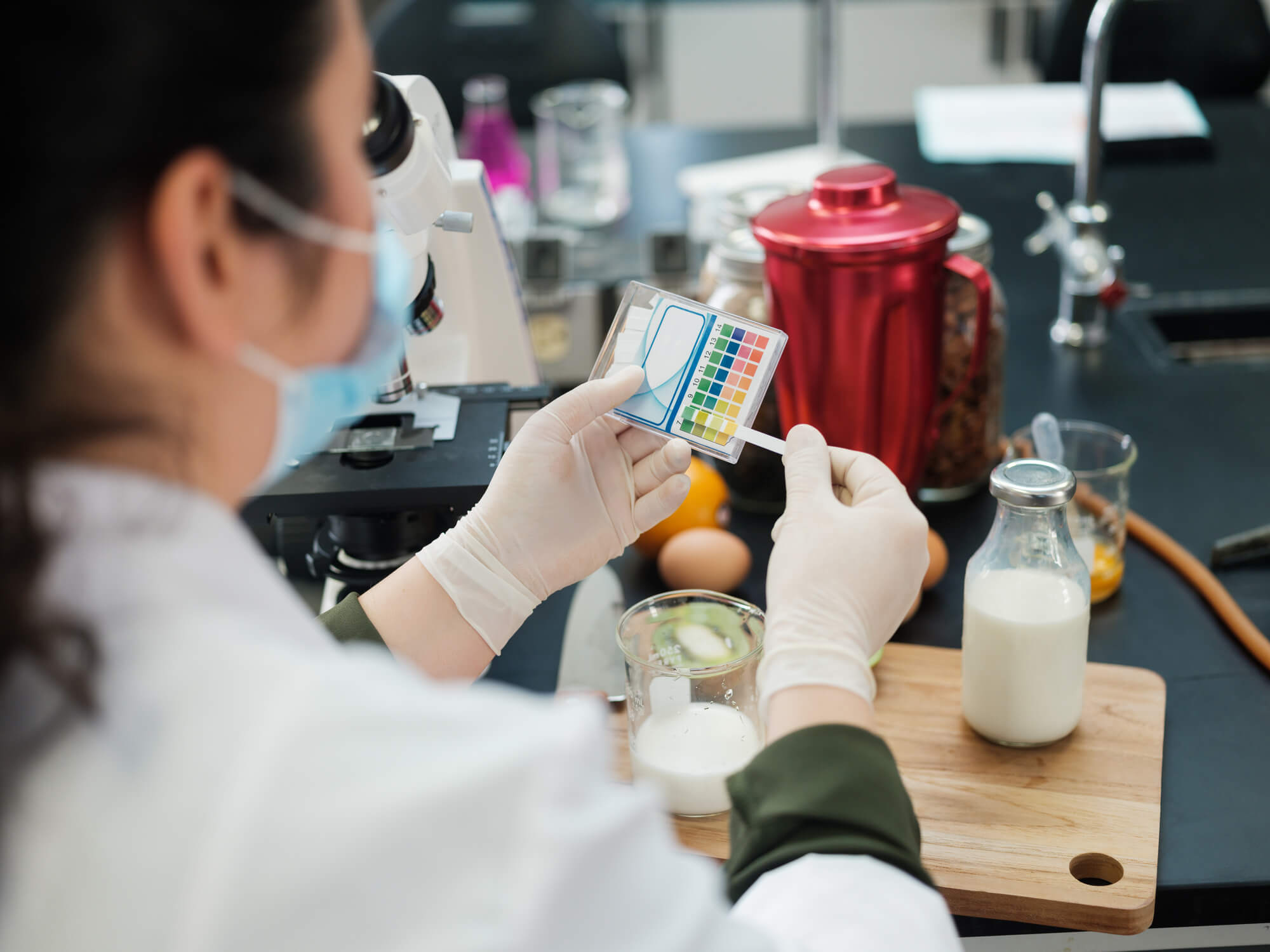Rheology of food and biological materials
Overall Course Objectives
To enable the students to understand the theoretical background for structure and rheology of liquid and solid materials. Furthermore the students shall be able to apply a wide range og experimental techniques to determine physical attributes of foods and biomaterials.
Learning Objectives
- apply relevant theory to explain the rheological, textural and structural properties of liquids, semi-solids and solids
- apply rheological models and utilize associated theory
- use common rheological measuring techniques and understand the applicability of these
- plan and conduct relevant rheological experiments to uncover rheological and structural attributes
- analyse and qualify experimental data from relevant rheological measuring methods
- analyse similarities and differences in products using rheological data and theory
- apply linear viscoelastic models and understand their limitations
- apply low deformation (oscillation, flow, creep) and large deformation (texture analysis, compression) experimental methods
- apply the time-temperature superposition principle to analyze experimental data for viscoelastic systems, food products and biological materials
Course Content
Theory: flow properties of non-newtonian liquids, elasticity of liquids, semi-solid and solid materials, physical foundation and rheological matematical models.
Measuring techniques: rotational rheometers,capillary rheometers, texture analyser, mikroskopi, extrusion rheology, measurement of particle size and related simpler methods.
Planning and condution of experiments to explain differences and similarities between a range of comparable products.
Intrepretation of data and presentation of condensed conclusions.
Teaching Method
Lectures, group work, experimental work and seminars
Faculty
Remarks
The course is primarily for MSc students, but students at the 5th semester of the Food Science bachelor education may also participate. MSc students attending one of DTU’s food programmes have priority. The course is approved as a technological specialisation course in the MSc Advanced and Applied Chemistry (kandidatretning Anvendt Kemi).
Limited number of seats
Minimum: 10, Maximum: 30.
Please be aware that this course has a minimum requirement for the number of participants needed, in order for it to be held. If these requirements are not met, then the course will not be held. Furthermore, there is a limited number of seats available. If there are too many applicants, a pool will be created for the remainder of the qualified applicants, and they will be selected at random. You will be informed 8 days before the start of the course, whether you have been allocated a spot.



